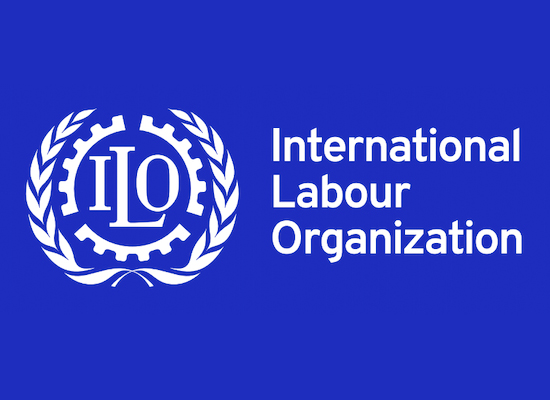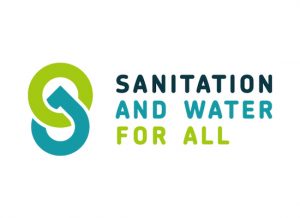Primary Functions
- Find guidance on promoting handwashing at the workplace to help contain the spread of COVID-19.
Detailed Description
Workplaces, particularly those that employ migrant workers and those in the informal economy, have taken centre stage in the containment of the COVID-19 virus. In their efforts to promote decent work in all affected economic sectors, ILO constituents have provided valuable advice and tools through a broad range of international instruments to promote occupational safety and health (OSH). The ILO Centenary Declaration for the Future of Work, adopted by the 108th Session of the International Labour Conference (Geneva, 2019), emphasizes that safe and healthy working conditions are fundamental to decent work. In this context, the Director-General of the ILO has joined the World leaders’ Call to Action on COVID-19, which reaffirms that “[w]ater, sanitation and hand hygiene, together with physical distancing, are central to preventing the spread of COVID-19”.
Coronaviruses are spread through respiratory secretions or droplets, and potentially via contaminated surfaces. Along with other important behaviour, such as physical distancing, frequent and thorough handwashing with soap and water is one of the best ways to prevent the spread of infectious diseases, and is the first line of defence against COVID-19.
However, much progress still needs to be made in this regard. Around the world, an estimated 1 billion people are at immediate risk of COVID-19 simply because they lack basic handwashing facilities. These facilities are often missing in places where they are most needed, including schools and workplaces, and particularly in high-risk settings, such as the health-care sector. In fact, forty-three per cent of health-care settings do not have hand hygiene facilities at points of care where patients are treated. Moreover, 19 per cent of schools worldwide have limited handwashing facilities (water but no soap), and 25 per cent have no facilities whatsoever – a situation that directly impacts the health of children, as well as teachers and other school staff. Although 93 per cent of the countries reporting to UN-Water included handwashing in their hygiene strategies, only 9 per cent of hygiene strategies are fully costed and only 10 per cent have sufficient human resources for their implementation.
The ILO has accordingly issued the following recommendations:
- Promote a culture of frequent and thorough handwashing, including by providing places where workers, customers and worksite visitors can wash their hands. X Encourage respiratory etiquette, including covering coughs and sneezes.
- Discourage workers from using other workers’ phones, desks, offices or other work tools and equipment, when possible.
- Implement regular housekeeping, including routine cleaning and disinfecting of surfaces, equipment and other elements of the work environment
- Promote a culture of regularly cleaning and disinfecting the surfaces of desks and workstations, door handles, telephones, keyboards and work tools, and regularly disinfect common areas, such as sanitary facilities and elevators.
Read more here.






